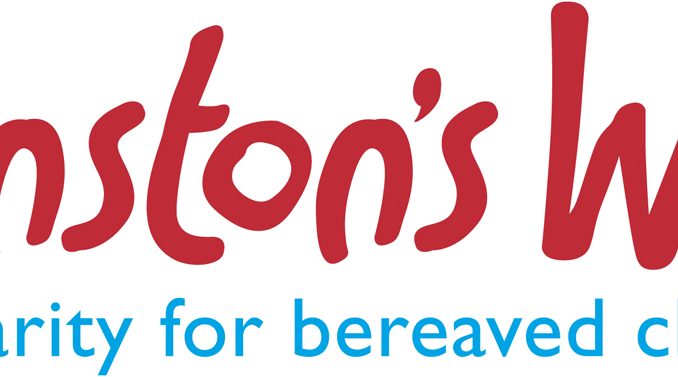
How Children Grieve
More than 100 children are bereaved of a parent every day in the UK. By the time children reach primary school, there is likely to be one child in every class that has experienced the death of an immediate family member.
Children, unlike adults who stay with their grief, often jump in and out of their grief – we call this ‘puddle jumping’. This means that at first they may be upset about their loss, but then appear to be fine for a period of time, before becoming upset again, and so on. This can be very confusing for children and they will need time and understanding to help them to process their loss.
The response to grief and loss can differ for each child according to their age and developmental stage. Children need time and space to learn about death and grief, as well as the time to make sense of and express their feelings about it.
Children under 5 are unlikely to have an understanding of the permanence of death. They will react to being apart from a parent and may regress in their behaviour. They will pick up on the emotions of other family members and can become very unsettled.
What to look out for
As school is such a constant in a child’s life it may be the first place that a change in behaviour is noticed. It’s important for school and home to be in touch so that any concerns can be shared and the child can be supported. It’s a good idea to identify a teacher or support person at school who the child can go to if they feel upset or need to talk to someone.
Be aware that when an important person has died, this can often cause worry for children and young people, particularly about others dying. Giving reassurance and talking about these fears can really help.
For a young child, grief will resurface as they grow up with the onset of each developmental stage.
We see older children, who were bereaved before they started school, struggling with their emotional health with feelings of anger and anxiety. Such difficult feelings can make the journey through school more challenging.
Don’t be surprised if a child is upset about a death that occurred some time ago, rather than having happened recently. As children grow and develop, their understanding of what death means and how it affects them and their family changes and this can take both the child and those around them by surprise.
It is also worth looking out for feelings of anxiety, particularly about separation from parents or carers. Young children will need to go over and over what has happened in order to begin to understand that death is a permanent thing
What to say/not to say
Be as honest and as clear as you can about how the person died. Try to find language that they are comfortable with and be sure to check that they have understood.
By being supportive, adults can help them to express emotions e.g. sadness, anger, fear, treasure the good memories while accepting the tough times too, cope with the separation, and adjust to subsequent changes in their life.
It is worth avoiding general explanations, such as “daddy’s gone to sleep” can cause confusion for children who may be expecting their father to wake up. This is can also give children fear of falling asleep themselves. It’s important to use clear language and use word like “Grandad has died” so that children can begin to understand that being dead means something different to having ‘gone away’ or ‘gone to sleep’. Explaining that when a person has died their body doesn’t work anymore and they can’t walk, talk or feel can help children start to understand what being dead means.
What to do / how to get help
Every case is different, so there is no right or wrong when considering what to do. It is worth making time to talk about and remember the person who has died; it can be helpful to do creative activities together like making a memory jar or creating a photo album.
Don’t just wait for the child to talk about the person who has died; bring the special person into conversation. It is important for children to make their memories as strong as possible so that they will last a lifetime.
For special days, such as mother’s day, birthdays etc., plan ahead and be prepared for what may be a difficult day. For example, if school is making mother’s day cards, it might be possible for the child to make a card for another relative, do another activity or even make a card to remember their mum – giving them the choice is important and acknowledges that you are thinking about them.
Lastly, don’t be afraid to seek professional support. There are a number of charities and professionals offering support to those that need it after bereavement, which can help your family in the grieving process.
www.WinstonsWish.org.uk
We also offer professional training from our family service team on how to support a bereaved child, which has proved beneficial for many school teachers in the past. More info here: http://www.winstonswish.org.uk/specialist-training/
